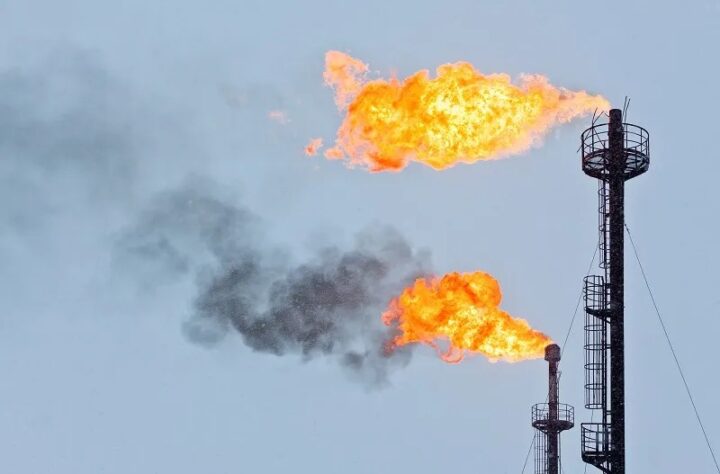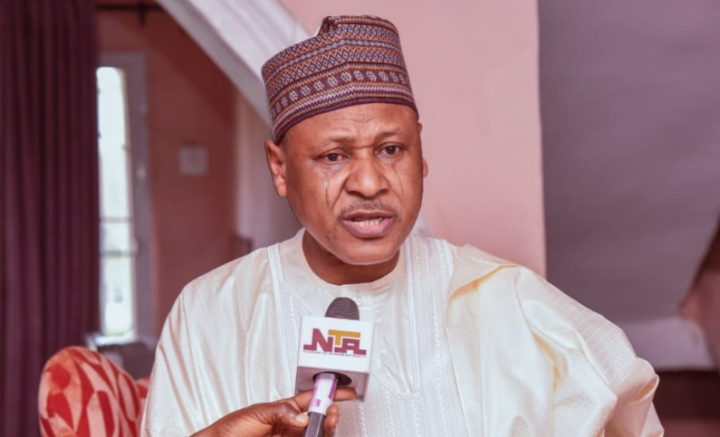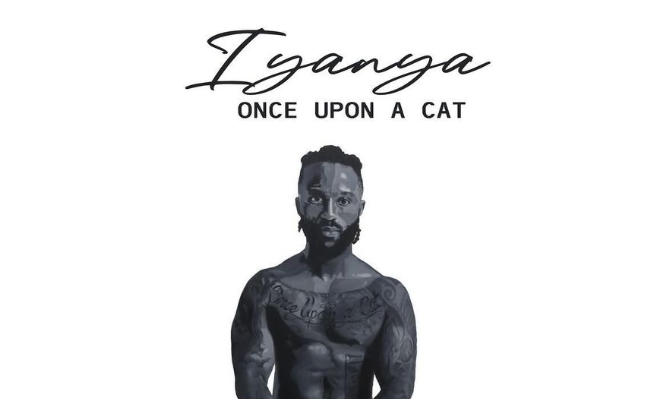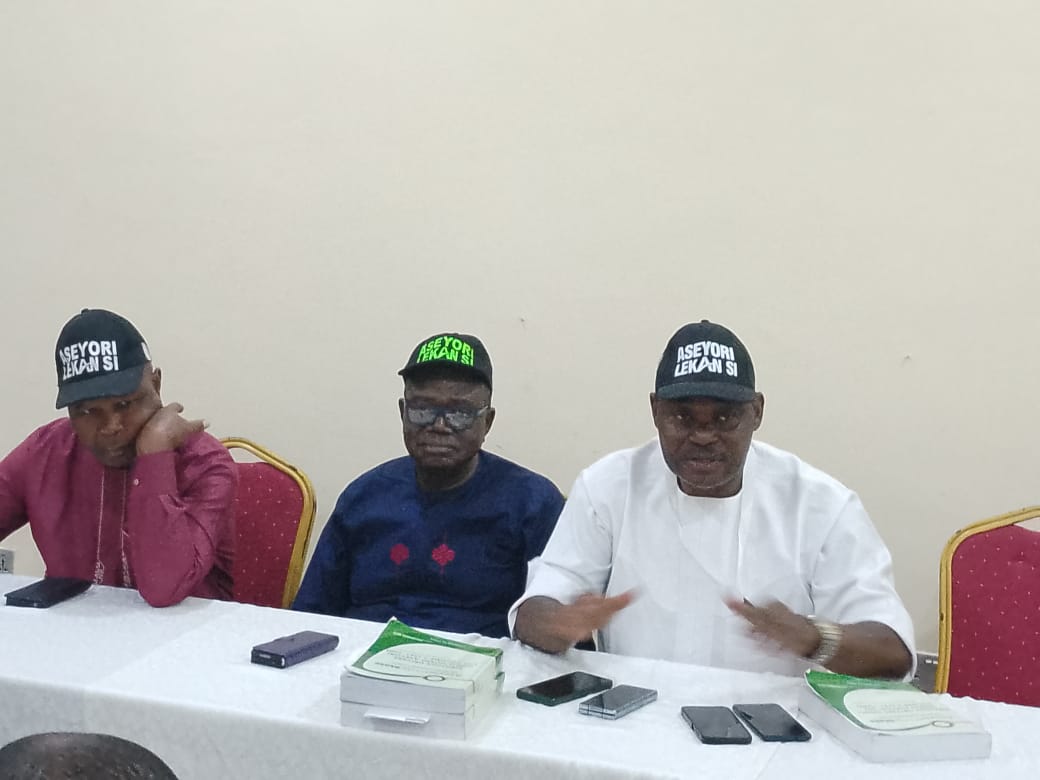Ekperikpe Ekpo, minister of state for petroleum resources (gas), says although Nigeria is a leading gas-rich country, it faces challenges like gas flaring, inadequate infrastructure, pricing concerns, policy gaps, and limited funding.
The minister raised the concerns at a stakeholders’ consultative meeting held in Abuja on Tuesday, according to a statement by Oluwakemi Ogunmakinwa, the ministry’s deputy director, press and public relations.
Ekpo said the meeting was meant to harness the collective knowledge and experiences of key energy sector players to ensure a sustainable and thriving future for Nigeria’s gas sector.
He said the decisions made by industry participants and stakeholders would have a long-term effect on future generations as the energy landscape is rapidly changing.
Advertisement
Ekpo assured of his dedication towards developing an adaptable roadmap that would reflect the participants’ collective intelligence.
“We will listen attentively, learn collaboratively, and act decisively to create an environment that fosters growth, innovation and sustainable development”, the minister said.
Ekpo also pledged that his office would step up efforts to boost upstream gas production in an attempt to bridge the supply gaps that have been impeding critical economic sectors.
Advertisement
“We are dedicated to the completion of major gas midstream infrastructure and projects, including the AKK Gas Pipeline Project, the OB3 Gas Pipeline Project, and the ANOH Project, as well as enabling flagship projects like the Brass Methanol Project, to enhance the efficiency and capacity of our gas sector,” he said.
“Nigeria is positioned as one of the leading gas-rich countries in the world. We have, however, not unlocked the full potential of this valuable resource.
“This underperformance can be attributed to gas flaring, inadequate infrastructure, pricing concerns, policy and regulatory gaps, and limited funding.
“It also includes environmental concerns, the growing urgency for a smooth energy transition as well as a lack of comprehensive gas development blueprint.”
Advertisement
But despite these obstacles, Ekpo said he believes engagement would lead to a comprehensive roadmap, strengthening public-private bonds, and creating a resilient gas sector.
Meanwhile, in their separate presentations, stakeholders called on the government to view LPG as a social commodity as against a profiting commodity for the masses and ensure its availability and accessibility.
‘GAS PRODUCERS OWED $1.3 BILLION
Speaking to journalists on the sidelines of the meeting, Osagie Okunbor, managing director of Shell Petroleum Development Company of Nigeria (SPDC), said gas producers were currently owed $1.3 billion.
Advertisement
Speaking on behalf of the Oil Producers Trade Section (OPTS), Okunbor said the issue needs to be addressed because it is preventing investments in the sector.
“At the last count we are owed about $1.3 billion for gas that has been produced and sold in the past. If you are owed that kind of money across board, you can imagine the impact,” he said.
Advertisement
The largest share of the amount is probably payable to Shell and Chevron, Okunbor added.
Advertisement
Add a comment






